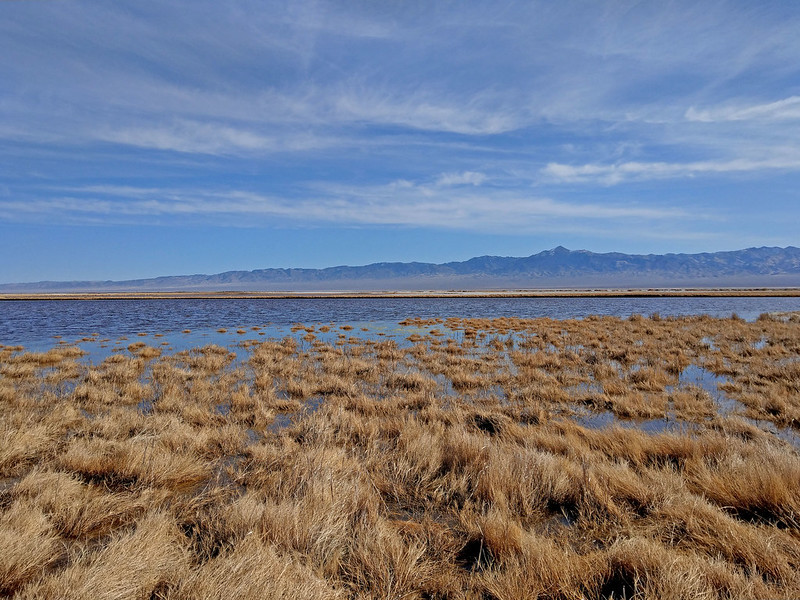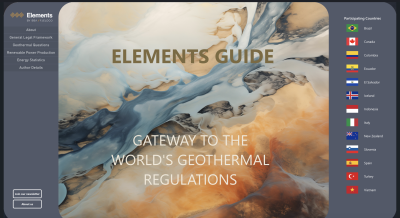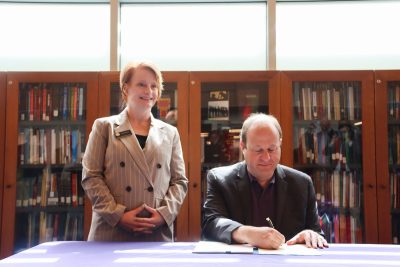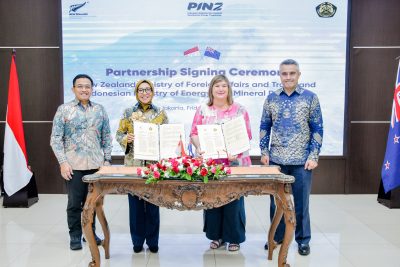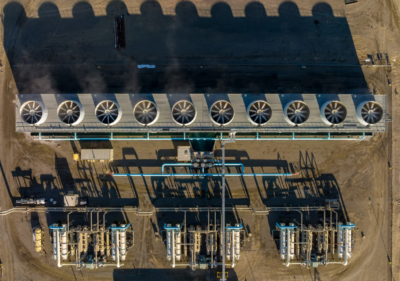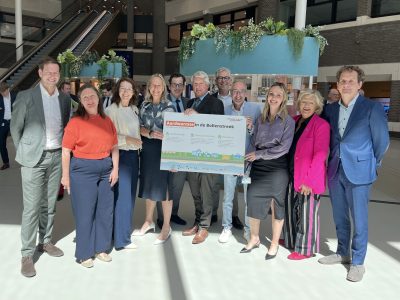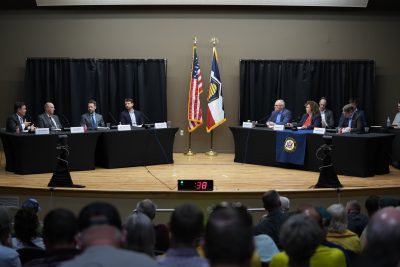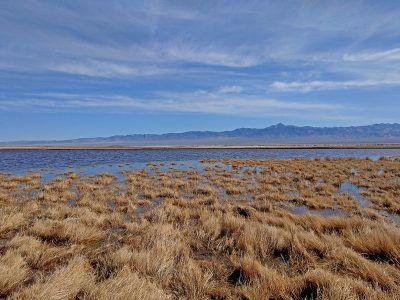New legal study asks: Who Owns Geothermal Heat?
A new paper by Prof. Gabriel Eckstein of Texas A&M University School of Law explores legal uncertainties in geothermal energy ownership, with major implications for project development and investment.
A new scholarly article by Professor Gabriel Eckstein of Texas A&M University School of Law is stirring debate in the geothermal sector, raising critical questions about who owns the heat beneath our feet – and how the absence of clear legal ownership could hinder geothermal development in the United States.
Titled “Who Owns Heat? Property Rights in Geothermal Energy”, the article, published in the University of Illinois Law Review, dives into the complex legal status of geothermal heat as a non-tangible, incorporeal natural resource. While landowners typically hold rights to oil, gas, and water beneath their property, Eckstein argues that the law remains largely unsettled when it comes to thermal energy.
“Geothermal energy is not a substance like water or minerals—it’s a condition or characteristic of subsurface formations,” Eckstein writes. “Without clear rules of ownership, the legal foundation for investing in geothermal remains shaky.”
The article examines both federal and state law, showing how different U.S. states classify and regulate geothermal resources in inconsistent ways – some treating it as a mineral, others as water, and a few as a sui generis resource. It also reviews private property theories, tort doctrines like trespass and nuisance, and the rule of capture – suggesting that outdated legal frameworks may not match the realities of subsurface heat extraction.
At the heart of the paper is a call for legal clarity. Eckstein argues that defining property rights in geothermal energy – whether private, public, or common – could unlock greater investment, improve regulatory consistency, and help accelerate the deployment of this underutilized baseload renewable energy source.
Read the full paper here: Who Owns Heat? Property Rights in Geothermal Energy – University of Illinois Law Review
As the U.S. ramps up interest in geothermal, particularly through enhanced geothermal systems (EGS) and direct use heating applications, this legal scholarship could serve as a catalyst for state and federal policy reform—aimed at reducing risk and encouraging development.
